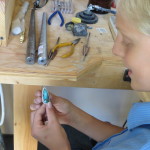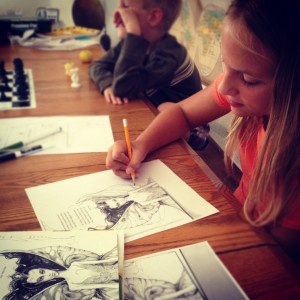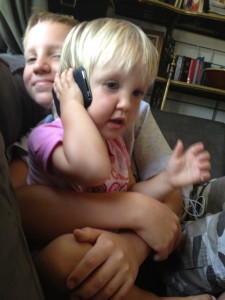Four tips from theatre and public speaker expert Carl Miller on how your child can bullet-proof a presentation of his talent:
- Prepare ahead of time a list of public speaking problems or list of potentially difficult questions and have ready scenarios or answers to fall back to
- Practice the presentation while watching for pre-arranged signs and cues from your practice audience that you are not doing well
- Practice first several times in front of immediate family members and close friends
- Practice maintaining composure under all public speaking circumstances by having your practice audience deliberately create realistic problems while making the presentation
































